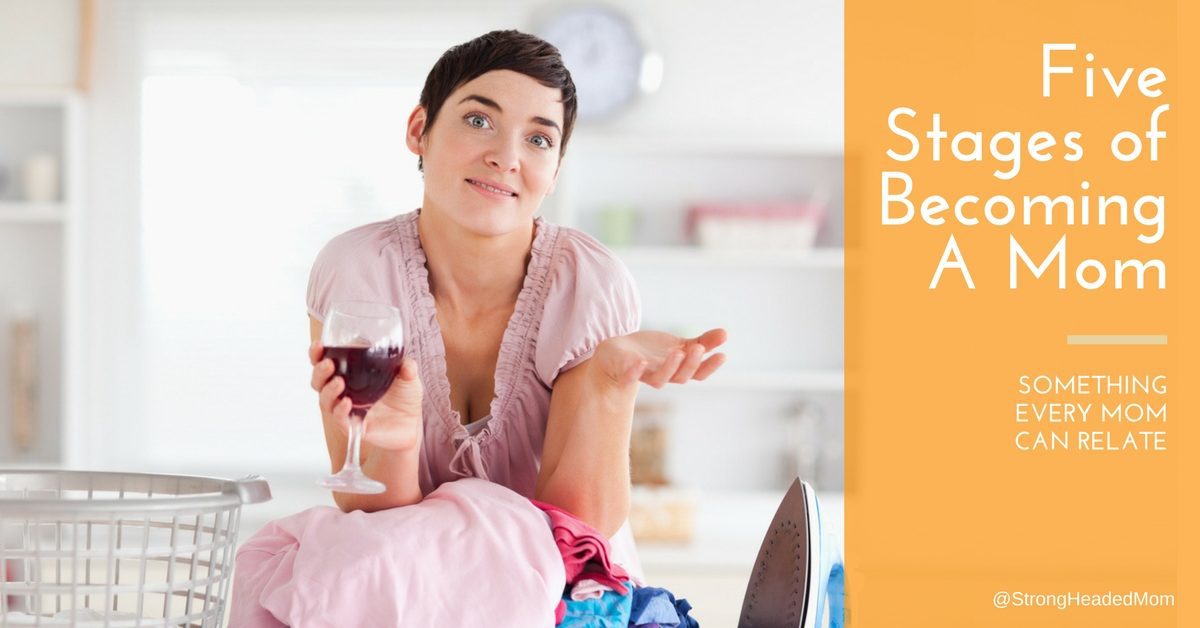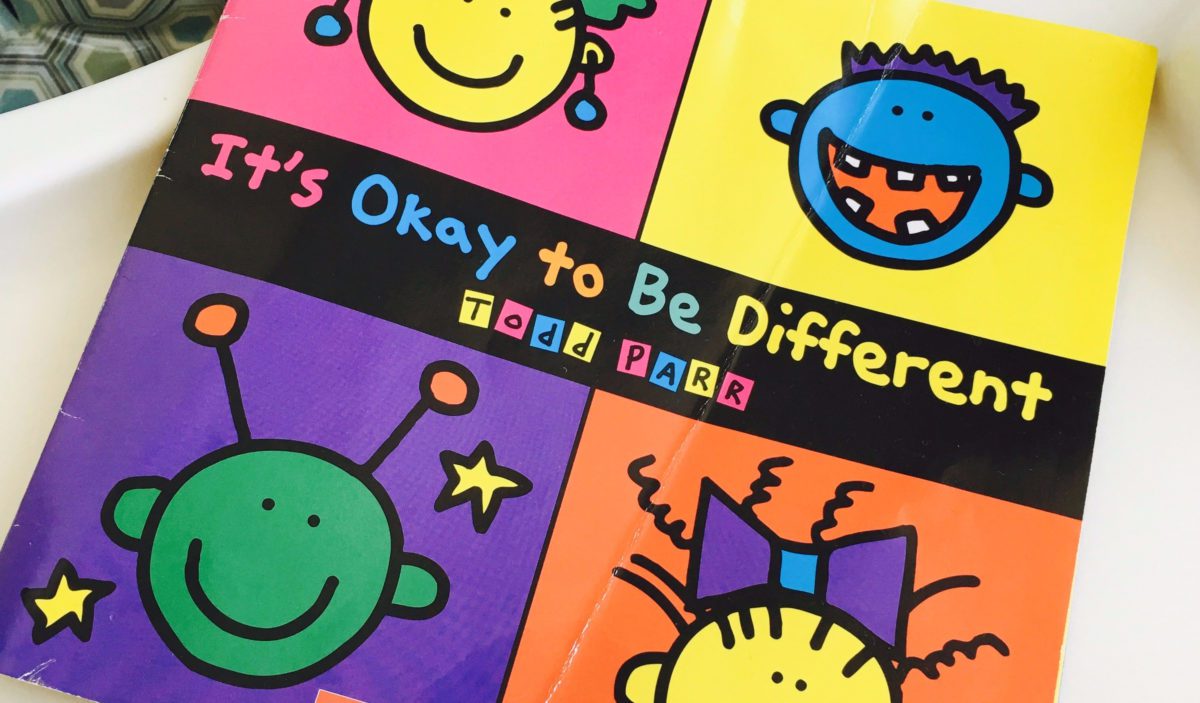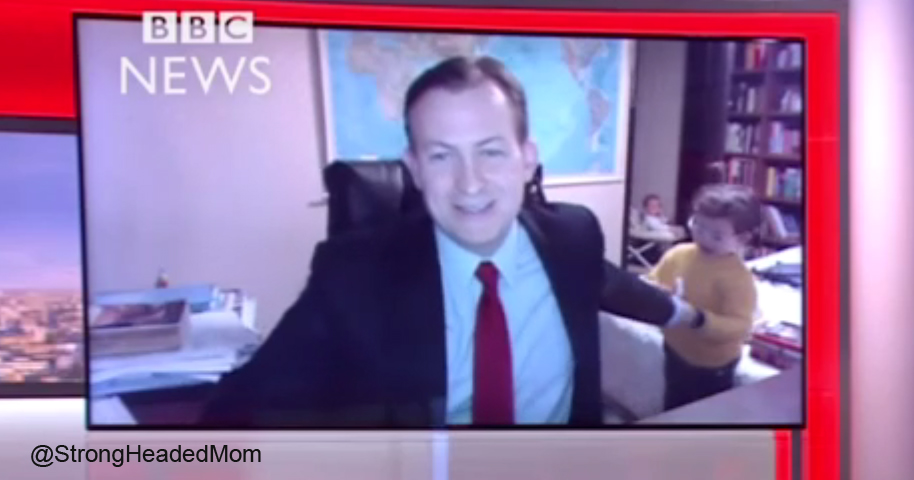The other day I came across an article talking about the “5 Stages of Grief” and it stroke me. Holy cow! How familiar!! Those were the exact stages I had to go through before I came to terms with the fact that motherhood had changed my life for good. The reason for the similarity was quite simple – To become a real mother, I had to say goodbye to my old self.
So here are the 5 stages of becoming a mother:
Stage 1 – Denial
“I am definitely not gonna become those messy moms who can’t even handle a baby.”
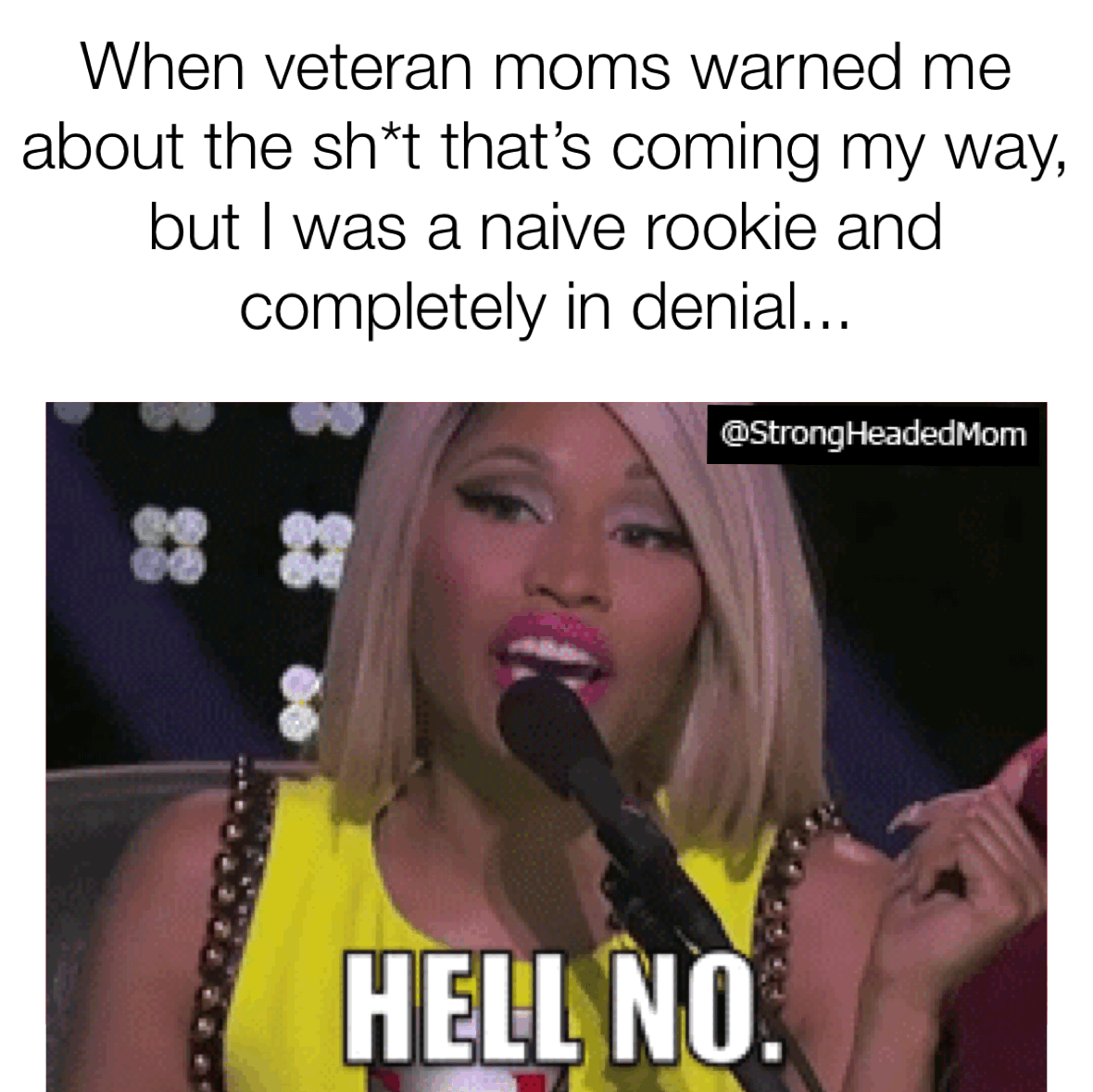
Typical Symptoms:
At this stage, a mom would walk into a nice boutique store and walk out with a pair of 4 inch high heels.
I was one of those girls who loved kids and started reading parenting blogs before I was pregnant. I thought I could do much better and totally master the art of parenting. I thought parenting should be something that would come natural to me and I will discipline my kid like a pro. When I was pregnant, I told myself that I wouldn’t give up my old self just because I had a child. Whenever I saw a “mom-looking” mother (you know what I mean), I said to myself that this was not someone I would become. I had a plan for how I could work from home while taking care of my baby. “How hard can it be?”, so I said to myself, “I will just work whenever my baby naps. Don’t they nap all the time?”
Well, Karma is a bitch. I became “those mothers” that I didn’t like…
Stage 2 – Anger
“Why is my baby so freaking hard to deal with?! I can’t do this anymore!!!”
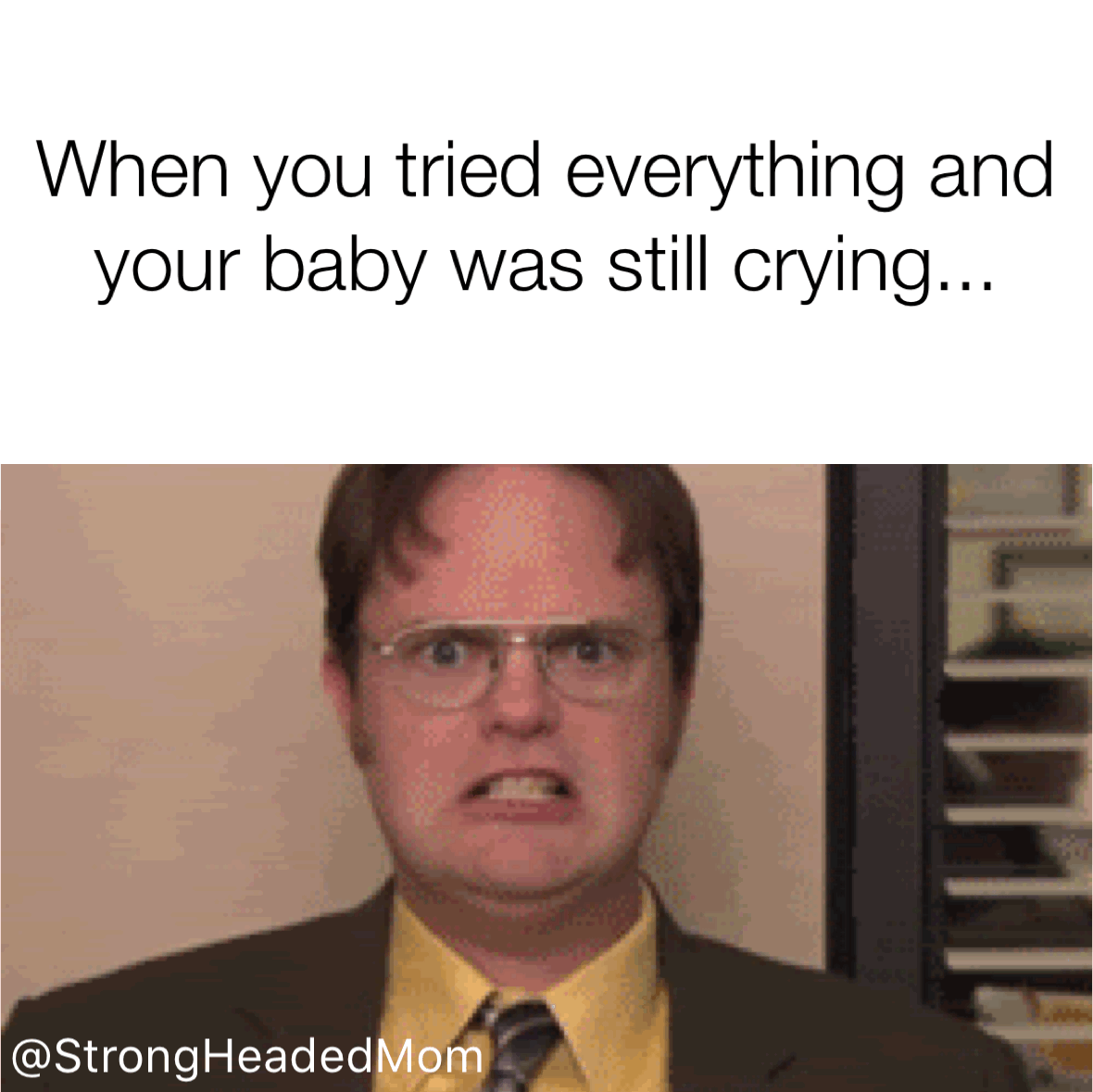
Typical Symptoms:
At this stage, moms can’t even bear to think about the 4 inch high heels that they just bought at Stage 1.
It turned out that I wasn’t lucky enough to have an angel baby. More importantly, I was not nearly as capable as I had thought I would be. I was sleep deprived, overwhelmed and messy. Motherhood was nothing like what I had pictured. I hardly had any time to myself, let alone working from home. My normal life was gone and I was pretty upset about it. I was mad!
I was mad at myself for being too naive and I was even mad at my baby for being too hard to deal with. Mostly I was mad at the fact that I was helpless and not strong enough to handle everything like a pro. When I looked at myself in the mirror, I could hardly recognize myself. I could see my old self fading away and I was scared…
Stage 3 – Bargaining
“Maybe I should read more parenting books and it will help. Maybe I will finally get my old self back when my baby is older.”
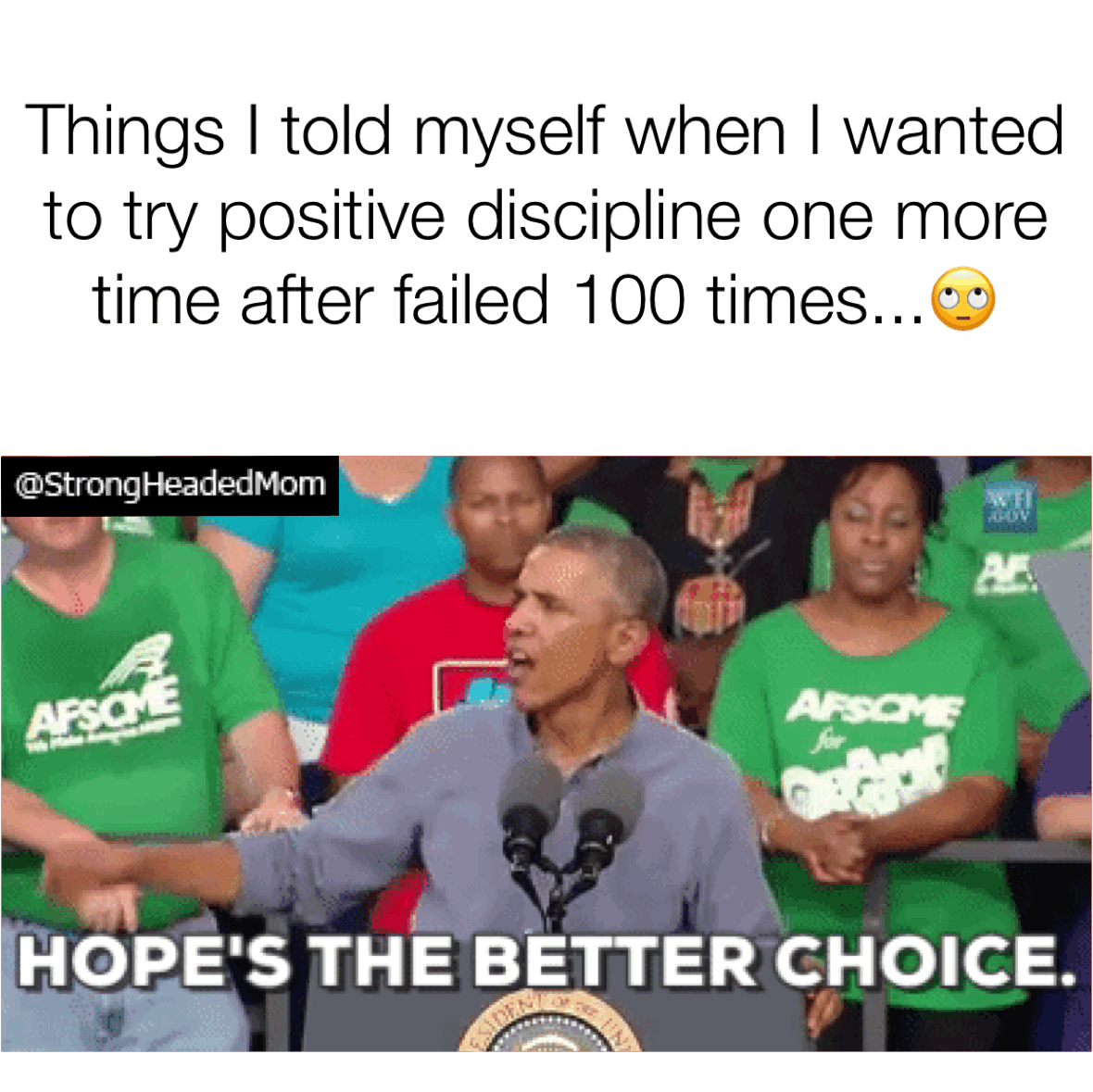
Typical Symptoms:
At this stage, moms are likely to stare at the 4 inch high heels they bought at Stage 1, just to appreciate their beauty and hoping they can finally wear them…soon…maybe for special occasions.
After a while, after I almost got used to my new norm, I started to wish for a miracle. Maybe I could still turn things around. I started to look for answers online, searching for parenting tips. I even made a spreadsheet of my baby’s feeding/sleep schedule, trying to find a pattern and solutions. But the final result was pretty disappointing. Babies are unpredictable and I was no super woman. My last hope of becoming a capable hot-looking young mom had pretty much gone. Real life struggles had burst my fancy bubbles.
Stage 4 – Depression
“My life is over…”
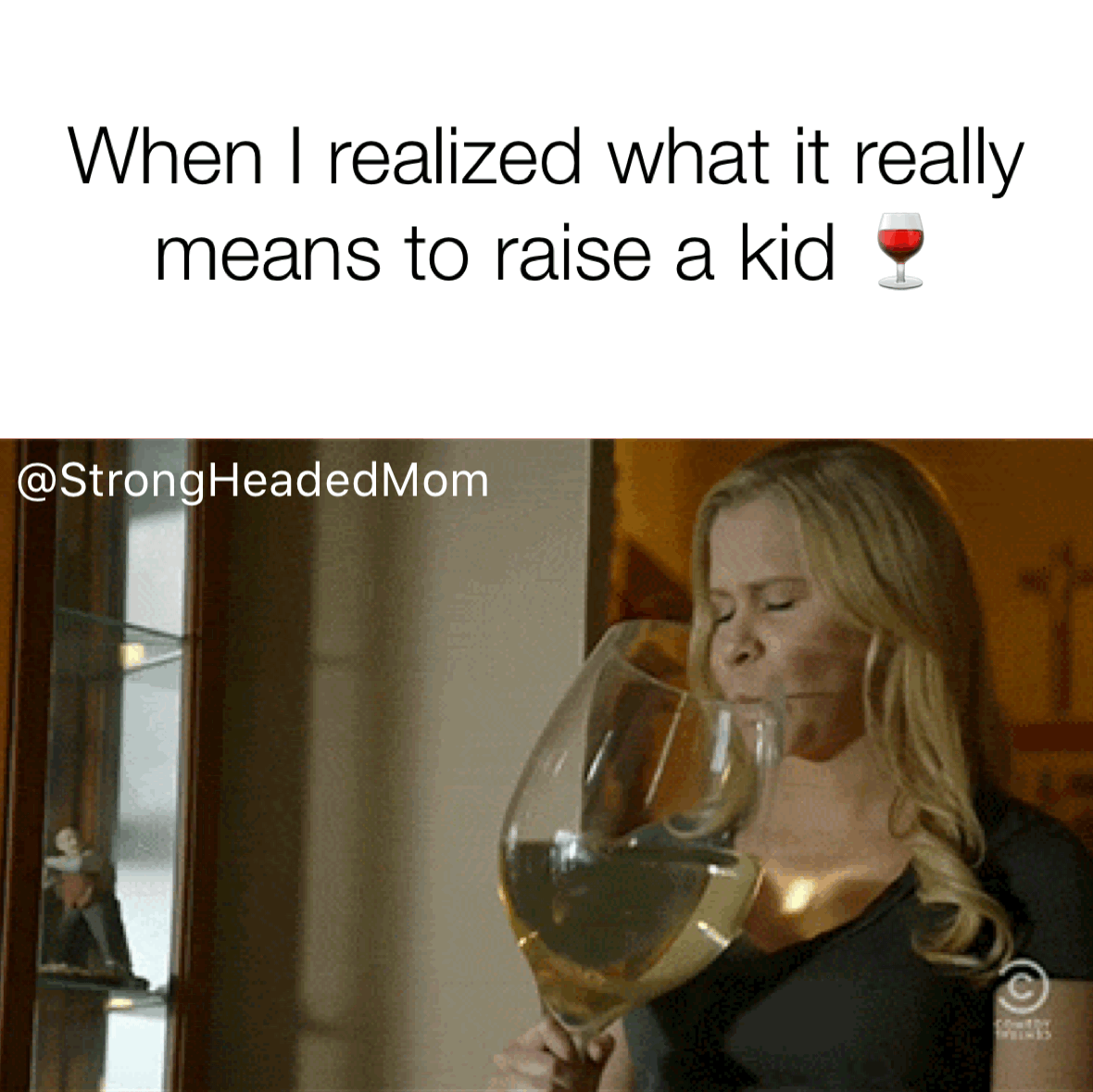
Typical Symptoms:
At this stage, moms would pack up their 4 inch high heels, give them away or sell them on eBay, thinking they would never own nice things again…
This phase didn’t last too long for me, but it almost crushed me. I didn’t feel like myself and I missed my old self so much. I missed how I was free to do anything I wanted at any time. I missed how I could sleep in on weekends, and watch late night movies with my husband without having to worry about a thing. I missed my old identity, my freedom and my old life. I didn’t like who I had become and I didn’t like the fact that I was not in complete control anymore. Being a mom was a 24/7 job and I was exhausted. I almost believed that my life was over…
Stage 5 – Acceptance
“I am no longer my old self, but I am a better person. I am a mother!”
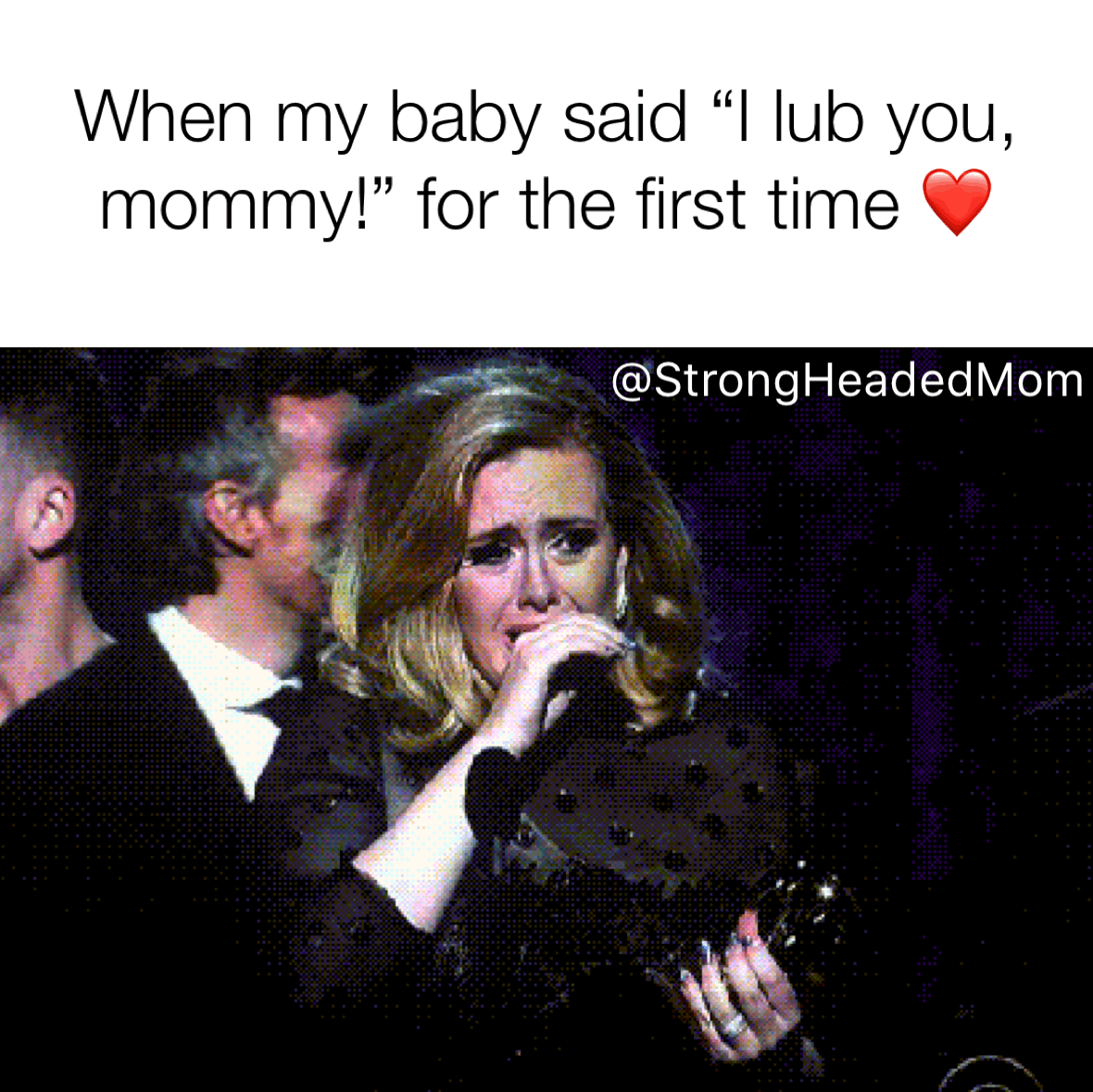
Typical Symptom:
At this stage, moms would proudly walk into a mall and pick out the most comfortable (yet stylish) shoes they could find in 30 minutes, and rock it like a pro.
Things took a turn for the better when my little toddler ran to me, hugged me tightly and said he loved me for the first time. This emotion I felt at the moment was something I had never experienced before. This little man thought I was his world and loved me with his whole heart. It might sound cliché, but I felt like all the hardship I had gone through and all the sacrifices I had made were all worth it.
No, I am not my old self anymore and my life will never go back to the way it was. I still miss it sometimes. But I believe that I have become a better person now. Because of my son, I learned to be more compassionate, empathetic and patient toward others, especially the ones that needed help. I am more resilient, determined and courageous (I am not even that scared of bugs and public bathrooms any more…).
Honestly, I still hate being a mother sometimes. My kid still drove me crazy all the time. I complained a lot and I yelled at my kid once in a while (Go, yellers!). But I do love being a mother now. Motherhood might not be the best thing in the world but I wouldn’t trade it for the world!
If you want to read more articles like this one, please remember to subscribe to our newsletter.
Thank you and Happy Parenting 😉 !!!

